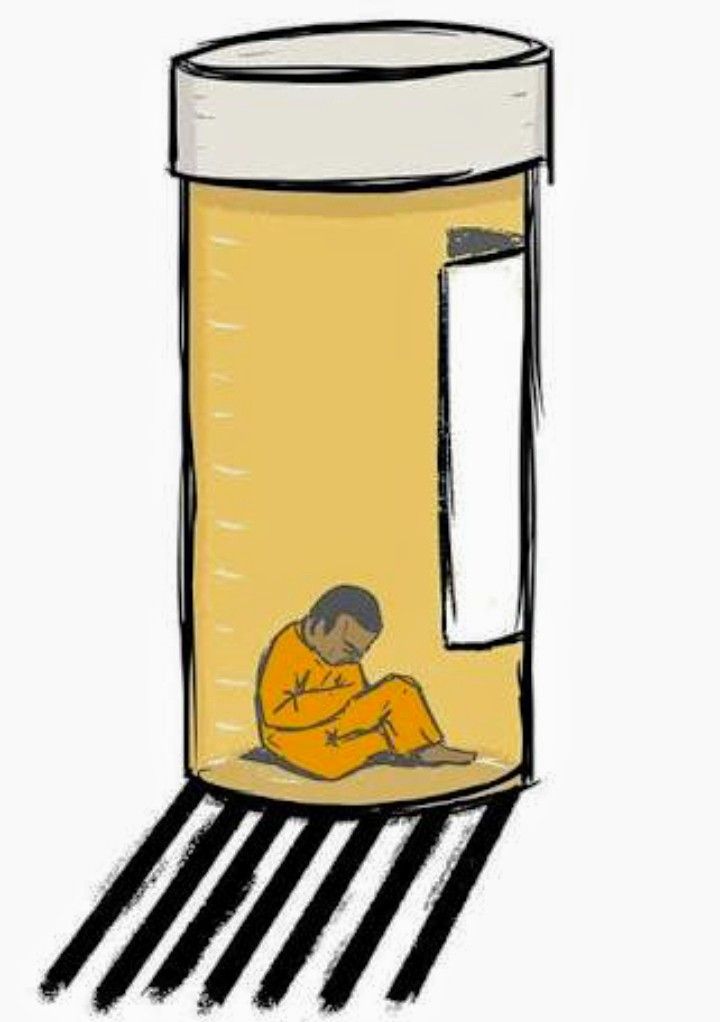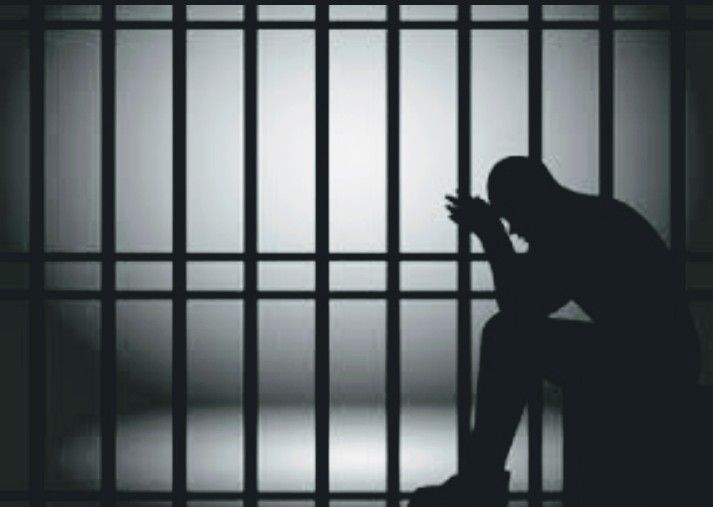Mental Illnesses In Prisions
Apr 11, 2019 • 24 views

According to various sources, an estimate 450 million people around the world suffer from mental and behavioural disorders. Such mental illnesses are more prevalent among the prison population.
A possible explanation could be the widespread misconception that any individual suffering from a mental disorder is a threat to society. Those suffering from mental illness are perceived as dangerous and supernaturally possessed.
Many societies fail to promote mental health awareness and are also unable to provide adequate treatment.Many underdeveloped countries may also lack mental health services. Some mental disorders may be present before an individual is sent to prison or a mental disorder could also develop during imprisonment due to torture and violation of human rights.
Many prison settings have an adverse effect on one’s mental health. Prisons may be overcrowded with too many inmates in a single cell, different forms of violence take place and some prisons even lack of mental health facilities. Some prisons impose isolation, leading to intense feelings of anger, anxiety and frustration. Prisons may also lack valuable activities for the inmates and may not be able to acess various health services. Such factors may lead to depression, thus, increasing the risk of suicide in prisons.
Several countries that do not have appropriate mental health services, tend to inappropriately imprison people with mental disorders. For instance, if an individual who suffers from a mental disorder (such as substance abuse disorder) and commits a minor offence partly due to the disorder, he/she is more likely to be sent to prison, rather than receive treatment for their illness. This is a reason why people with mental illness go unnoticed and undiagnosed.
There are a number of treatments that can improve mental health, but such resources are limited and wasted in expensive and ineffective services that cater to only a small amount of population. Having a separate psychiatric prison hospital can be expensive and also has a limited capacity. There is no evidence to show that such hospitals improve mental health condition. Rather, such hospitals can put prisoner at a risk of violation of human rights.

How to improve mental health of prisoners
Those with mental health problmes come in contact with police for factors related to their mental health, e.g. a person found with illegal substances or substance abuse. These individual's should not be imprisoned for these factors, but intstead need to be diverted to other option like treatment for their mental illness.
Investing in mental health and substance abuse services, can help reduce the likeliness that people with such mental illnesses will ever face imprisonment in their lifetime.
When people enter the criminal justice system, they are likely to lose insurance benefits and other services.When they return to the community, they suddenly lose access to prescribed medications, thus, aggravating their mental health. Individual’s need to receive suitable services while being imprisoned and should also be connected to community-based services, with adequate insurance coverage prior to returning to the community.
Students with mental disabilities are more likely to be suspended or expelled from schools that lack supports. This often results in low graduation rate among students with disabilities and these students are likely to be involved in the juvenile justice system.Dropping out of school can elevate an individual’s risk for incarceration. In order to improve our society, it is important that we provide students support when they are in school.
